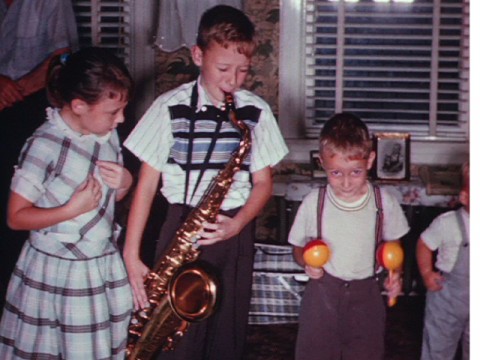
Music therapy has been used throughout the ages to help people rise from despair. Greek philosophers used music therapy in ancient times. In Biblical times, King Saul was comforted by David’s playing the harp. Music therapy is taught in universities throughout the world in modern times.
The American Music Therapy Association, Inc. states that music therapy can promote wellness, manage stress, alleviate pain, help express feelings, enhance memory, improve communication, and promote physical rehabilitation.
You don’t have to be a certified musical therapist to see the effects of music on other people. Children in a school setting at times become overly excited or have trouble calming down. All I have to do in the classroom is to play Louis Armstrong’s “What a Wonderful World” and the children settle down immediately. The music puts them into a totally different emotional state.
The choice of music that people listen to has a great deal to do with their emotions. It is extremely important that young children hear many kinds of music. The reason most people like certain kinds of music is that these are the musical styles with which they are familiar.
I am always saddened to hear someone say, “I can’t stand opera. It just sounds like hollering to me.” That tells me that this person was never introduced to classical opera when he was a child. The children in my classroom do listen to opera. They learn about the stories that opera portrays and what types of voices are involved in this complicated art form. Children love drama. They learn that all operas tell a story complete with costumes, scenery and music. They understand that some opera is hilariously funny and other opera productions have sadness as their theme.

They find out that no one has to like every opera, but everyone can find some operas that they can enjoy. They are reminded that many songs (or arias) from operas are portrayed in cartoons. When they learn that the “Lone Ranger Theme” is actually the “William Tell Overture,” they realize that they have already been enjoying opera.
Children in my music classes also learn about classical composers and the music they wrote. By the time we have heard many types of compositions, children are requesting, “Can we hear Beethoven today?” as part of their weekly classes.
Country music is also an area we explore. They find out that the Carter family and Jimmie Rodgers were the first recorded “hillbilly” artists and that “country music” has its origin in the folk music of America. They are delighted with the music that the Peasall sisters sang in “Oh, Brother, Where Art Thou?” and to find out that these youngsters are from White House, Tennessee.
Making their own music is always a joy for children. Exploring music instruments is one of their favorite activities. Many have the opportunity of having instruments at home and of taking lessons to improve their skills.
Enjoying music is a life long activity. Schools that continue to have music as part of their curriculum are fortunate because it not only improves the musical talent and education of children, but is proven to increase their abilities in language and mathematical studies as well.

Whether you enjoy music at home, church, in your car or truck, or through the media, you can use music to help you get through hard times. As our lives confront ups and downs, we can always take comfort in music.
If you’re feeling depressed or worried, just listen to some soothing music. It can not only help you get a different perspective, it may also open your mind to more creative ideas.



There is a book I have on muy goodreads.com “to read” list called, “This is your brain on music: The Science fo Human Obession” by Danial Levitin. I have not read it, but it looks interesting, so I thought I would throw it out there, in case you are interested.
Good article by the way!